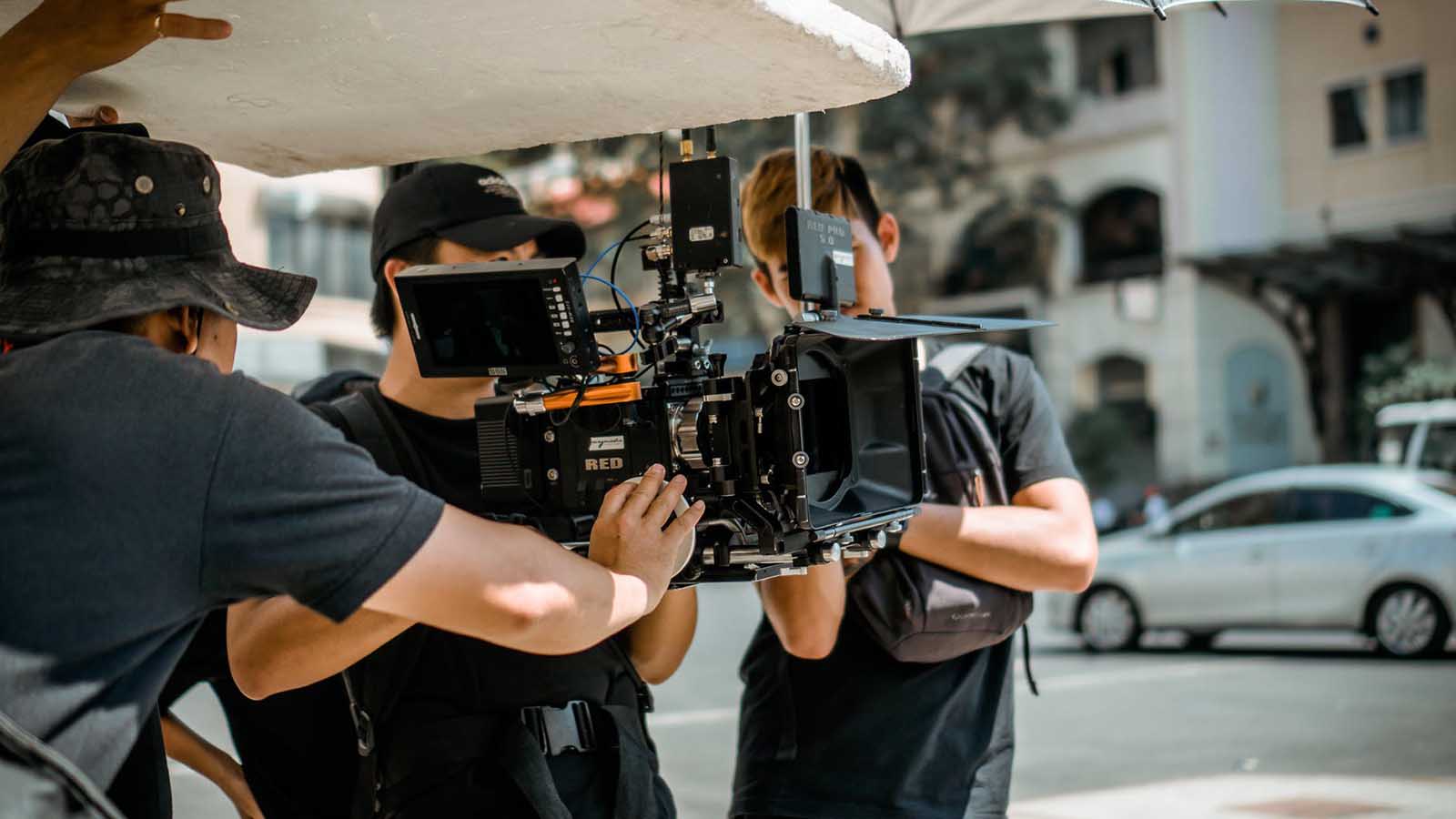
How to write a resume for the film industry
Regulars in the film industry will tell you it’s who you know, not what you know, that will get you a job. While that may be true, you’re definitely not going to get any work if you don’t have a half-decent resume as well. Having a great resume will not only let you show off your experience, but it proves you are a professional.
Of course, resumes in the film industry look a bit different than normal resumes. Many in the industry don’t have a formal education, just certifications or experience. Plus, you’re not employed by a company as much as you are just a freelancer. So, how do you make a resume that still looks professional, while showcasing the highlights of your career?
By showing examples of a film resume, we’ll be able to teach you exactly what you should and shouldn’t be putting on a resume in the film industry. After reading this guide, you’ll be better equipped to take your resume from a six to a ten.

Only put education if it’s pertinent
No one cares if you went to Columbia if you didn’t actually study film. Unlike normal careers, education doesn’t automatically guarantee you a job. The only reason you should be adding it to your resume is if you have certifications in specific skills, like lighting or set design, or if your degree is film-related.
That being said, don’t feel like you have to put it on either even if it’s pertinent. For many people, your experience will speak volumes more than any degree could. If you have enough experience, consider focusing on that and ignoring your education.

List your biggest jobs first
Even if it’s your first gig, the bigger jobs are the ones people want to hear about. Sure, you were a producer on a random independent film, but working on the 1st unit for a multi-million dollar blockbuster will appeal more to those looking to hire you for their next project.
This may sound counterproductive, but it’s the kind of thing producers want to see in their film crew. If you have experience working on bigger projects, then producers assume you know how to handle yourself around big celebrities, or press trying to get a sneak peek.
More importantly, producers are more likely to pick you if you’ve worked on a project with them before, or if you’ve worked on a project with someone they’re close with. Therefore, listing bigger projects firsts lets them know who to talk to to see if you’d be a good fit on set or not.

Don’t be afraid to boast about yourself
When it comes to your qualifications, don’t sell yourself short. Even your shortcomings can be turned into a positive if you know how to phrase it right. Have a short temper? List yourself as “dedicated to your craft”. Not exactly a chatty Kathy? Say you’re “great at taking orders”.
Of course, you definitely want to make sure your greatest strengths are on your resume as well. Whether you’re a strong leader, great under pressure, have top notch organization skills, or are a fast learner, you want to make it clear to the person looking at your resume. Make sure your qualifications end up on the final draft.

Keep it brief and formal
No one wants to know about how much you dreamed of working on a film set. Everyone and their mother has dreamed about being a filmmaker or an actor at one point.
You want your resume to be no longer than one page, in 3rd person language, and free from any unnecessary personal info. Your address, phone number, and email as they can get these from you later if needed.
—
Hopefully with these tips, you’ll be able to gussy up your resume and make your splash in the film industry even bigger. Keep these tips in mind the next time you’re editing your resume for a future employer.



